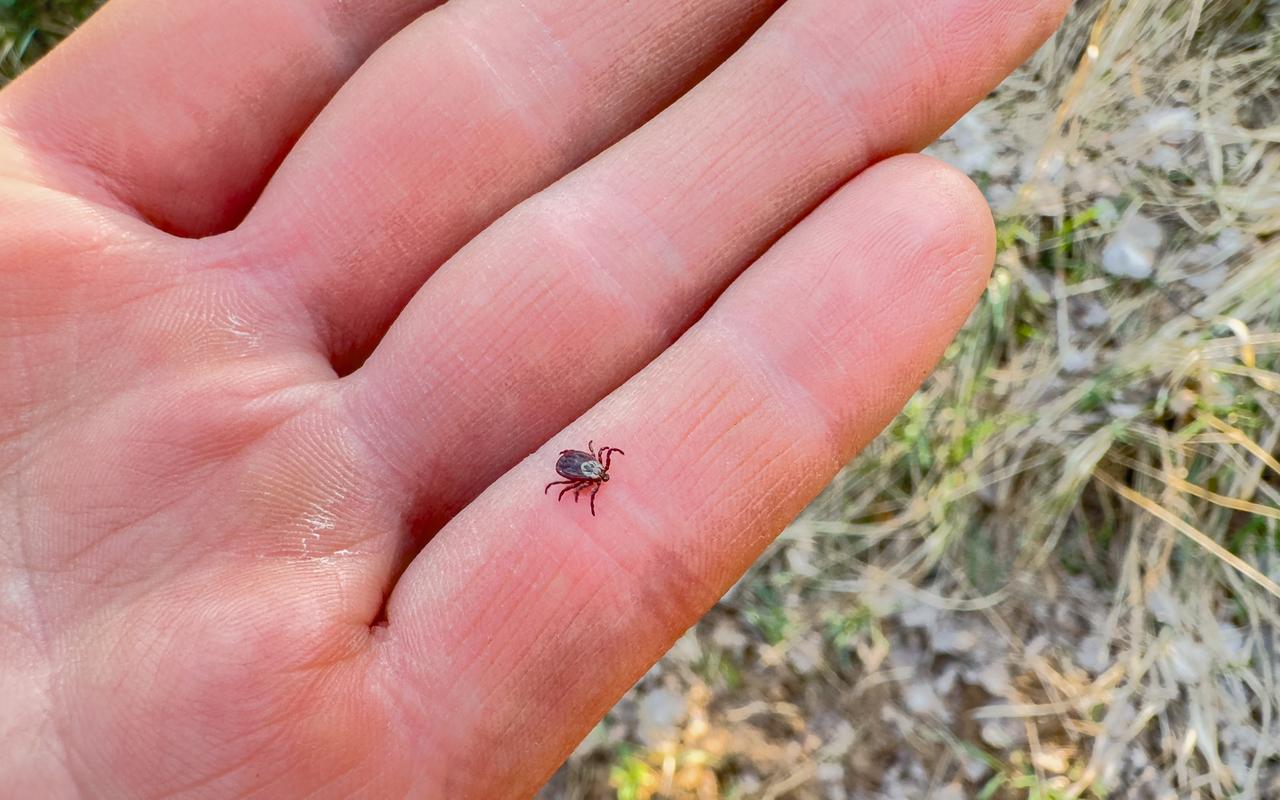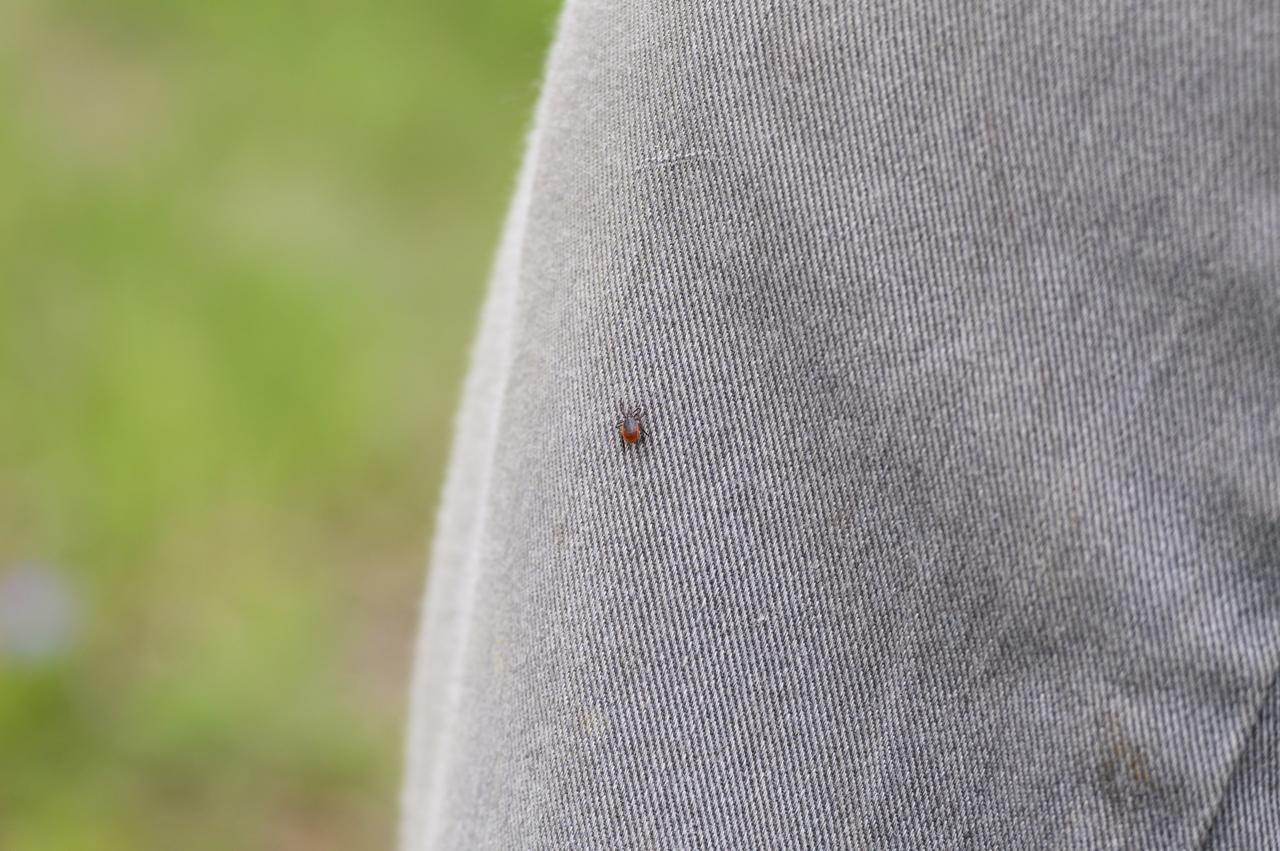
As summer sets in across Türkiye, health experts are once again sounding the alarm over rising tick bites and the associated risk of a potentially fatal illness known as Crimean-Congo Hemorrhagic Fever (CCHF), or Kirim Kongo Kanamali Atesi (KKKA) in Turkish.
The disease is transmitted through the bite of infected Hyalomma ticks, which are commonly found in rural regions, especially during spring and summer.
While tick bites themselves are not uncommon, a subset of these pests can carry the virus that leads to CCHF—a serious illness that may result in both internal and external bleeding if left untreated.
CCHF cases in Türkiye have been most frequently recorded in the provinces of Tokat, Sivas, Corum, Amasya, Yozgat, Erzurum, Erzincan, Gumushane, and Kastamonu.
These areas, marked by intensive farming and animal husbandry, create an ideal environment for ticks to thrive and interact with humans.

People working outdoors—particularly farmers and livestock handlers—are the most vulnerable, often coming into contact with ticks in fields and pastures.
Typical symptoms of CCHF include sudden fever, muscle and joint pain, headache, weakness, and nausea.
According to dermatology specialist Dr. Sertac Sever, who spoke to Hurriyet, if the condition progresses, patients may also experience bleeding symptoms, both internally and externally. Dr. Sever highlighted the critical importance of early diagnosis and immediate medical intervention, noting that timely treatment can significantly improve survival rates.

To reduce the risk of tick bites, experts advise wearing light-colored, long-sleeved clothing while in rural areas and tucking trouser legs into socks to limit skin exposure.
After spending time outdoors, individuals should check their bodies thoroughly for ticks. If a tick is found attached to the skin, it should not be removed with bare hands. Instead, it must be taken out using proper tools, and the person should immediately seek medical attention.
In the days following a tick bite, anyone experiencing fever, fatigue, or flu-like symptoms should consult a doctor without delay. “Early awareness and timely measures,” Dr. Sever emphasized, “remain the most effective ways to prevent the disease.”